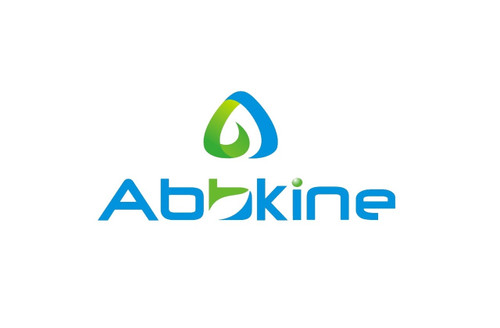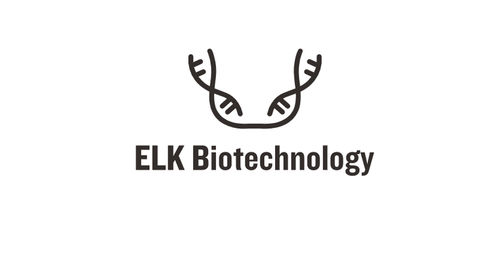Product Description
Human S100 calcium binding protein P (S100P) ELISA Kit | AE20873HU | Abebio
Species Reactivity: Human (Homo sapiens)
Abbreviation: S100P
Alternative Name: MIG9; S100 calcium-binding protein P|migration-inducing gene 9
Application: ELISA
Range: 0.156-10 ng/mL
Sensitivity: 0.067 ng/mL
Intra-Assay: ≤6.8%
Inter-Assay: ≤9.6%
Recovery: 0, 99
Sample Type: Serum, Plasma, Other biological fluids
Detection Method: Sandwich
Analysis Method : Quantitive
Test Principale: This assay employs a two-site sandwich ELISA to quantitate S100P in samples. An antibody specific for S100P has been pre-coated onto a microplate. Standards and samples are pipetted into the wells and anyS100P present is bound by the immobilized antibody. After removing any unbound substances, a biotin-conjugated antibody specific for S100P is added to the wells. After washing, Streptavidin conjugated Horseradish Peroxidase (HRP) is added to the wells. Following a wash to remove any unbound avidin-enzyme reagent, a substrate solution is added to the wells and color develops in proportion to the amount of S100P bound in the initial step. The color development is stopped and the intensity of the color is measured.
Product Overview: S100P is a member of the S100 family of proteins containing 2 EF-hand calcium-binding motifs. S100 proteins are localized in the cytoplasm and/or nucleus of a wide range of cells, and involved in the regulation of a number of cellular processes such as cell cycle progression and differentiation. S100 genes include at least 13 members which are located as a cluster on chromosome 1q21; however, this gene is located at 4p16. This protein, in addition to binding Ca2, also binds Zn2 and Mg2 . This protein may play a role in the etiology of prostate cancer. S100P showed a pattern of expression similar to that of S100PBP in both healthy pancreas and pancreatic cancer. Immunohistochemical analysis showed that S100P expression correlated significantly with increasing grade of pancreatic intraepithelial neoplasia.
Stability: The stability of ELISA kit is determined by the loss rate of activity. The loss rate of this kit is less than 5% within the expiration date under appropriate storage condition. The loss rate was determined by accelerated thermal degradation test. Keep the kit at 37°C for 4 and 7 days, and compare O.D.values of the kit kept at 37°C with that of at recommended temperature. (referring from China Biological Products Standard, which was calculated by the Arrhenius equation. For ELISA kit, 4 days storage at 37°C can be considered as 6 months at 2 - 8°C, which means 7 days at 37°C equaling 12 months at 2 - 8°C) .
 Euro
Euro
 USD
USD
 British Pound
British Pound
 NULL
NULL








